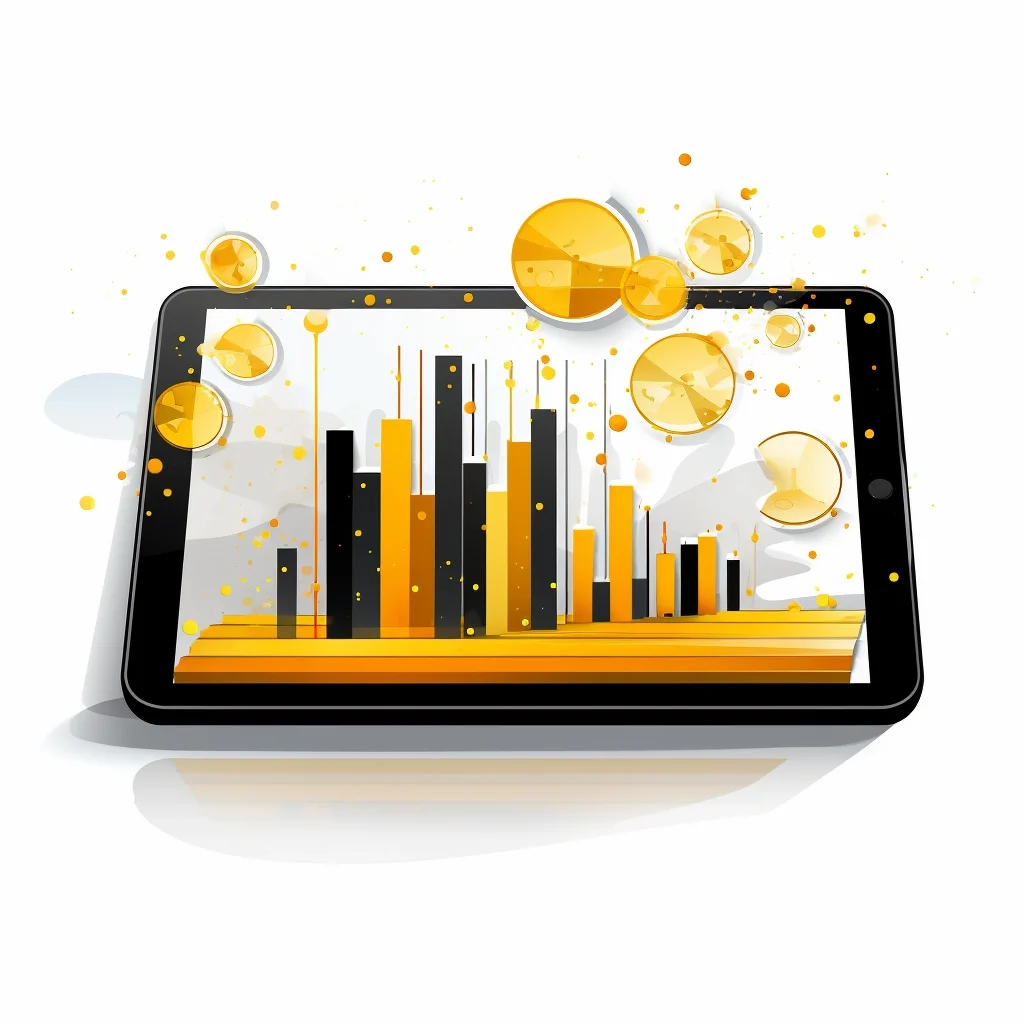The automotive industry is experiencing a significant transformation towards digital retailing, driven by consumer demand for more digital and less traditional car-buying experiences. A Deloitte Insights study highlights the need for automotive brands and dealerships to create a differentiated digital experience on their websites. The study points out that over half of auto shoppers find manufacturer and dealer websites to only meet expectations, suggesting ample room for improvement. Key to enhancing the online car-buying journey is ensuring information and preferences input online carry over into the dealership, streamlining the sales process and keeping vehicle pricing consistent across digital and physical platforms. Despite the shift towards digital tools, 80% of U.S. vehicle buyers still value conversations with salespeople, indicating that a blend of digital and traditional sales aids is essential for a satisfying purchase experience.
McKinsey emphasizes the automotive landscape’s evolution by 2030, predicting flexible ownership models, Amazon-like service delivery, and a seamless digital ecosystem that integrates various services without a hitch. This future landscape will likely focus more on customer experiences and recurring sales of services and products, rather than the one-time sale of a vehicle.
WardsAuto discusses the Agency Sales Model, highlighting its benefits in providing a streamlined purchase, finance, and delivery experience. This model responds to the demand for digital customer experiences by enabling direct orders from manufacturers, thus eliminating the need for haggling and allowing for a more transparent customer journey. Technology plays a crucial role in this evolution, with augmented reality (AR), virtual reality (VR), and other digital tools enabling consumers to engage with manufacturers and alter their buying experience significantly.
The Digital Marketing Institute further underscores the changing customer experience with the advent of technology in the automotive sector. Video marketing, such as virtual test drives and 360-degree vehicle views, has become increasingly influential, with 56% of car buyers stating they could be convinced to purchase a vehicle based on a 360-degree video alone. Virtual and augmented reality technologies are also gaining traction, offering immersive showroom experiences that can significantly enhance the customer journey.
Lastly, Annata’s article on automotive digital retailing points out that the shift to digital and eCommerce is making the traditional car-buying experience obsolete. Dealerships must adapt by personalizing and simplifying the customer experience to stay relevant in the industry.
These sources collectively indicate that while the automotive retail sector is moving towards a more digital future, there remains a need for a hybrid approach that combines the best of both digital and traditional retail experiences to meet the varied preferences of consumers.

